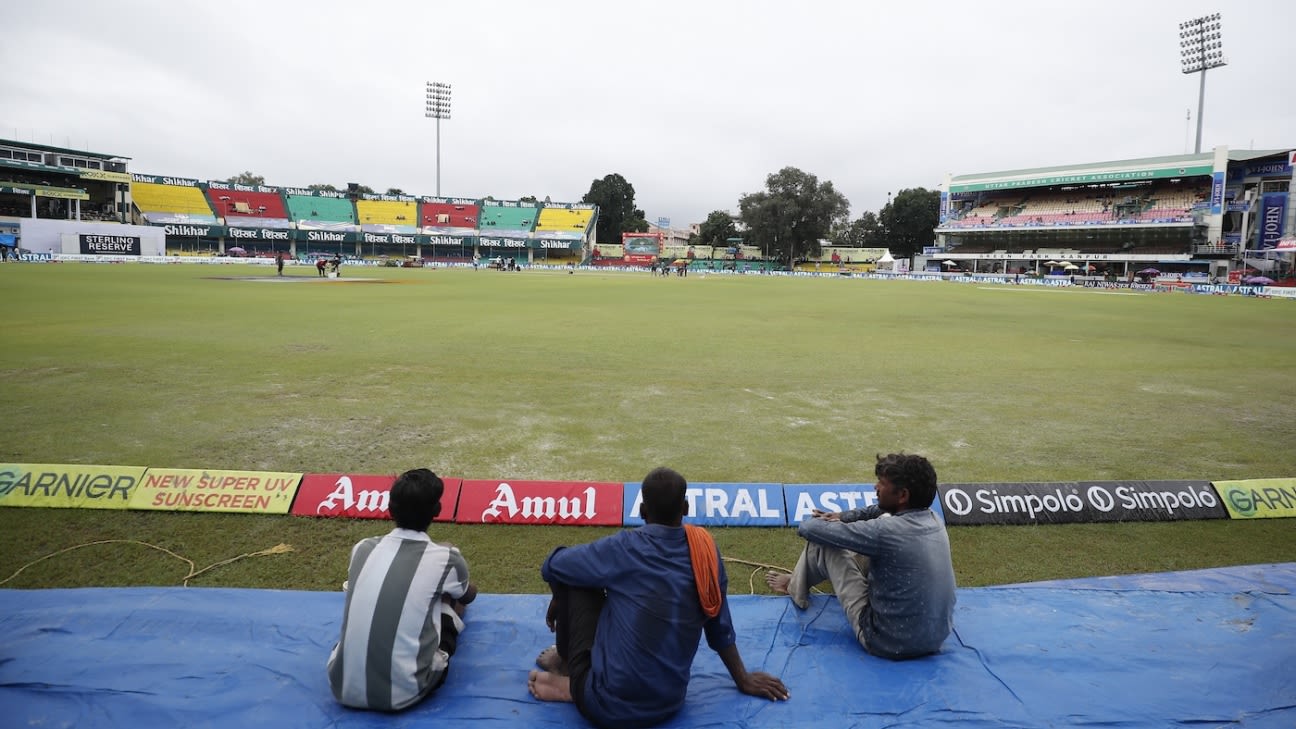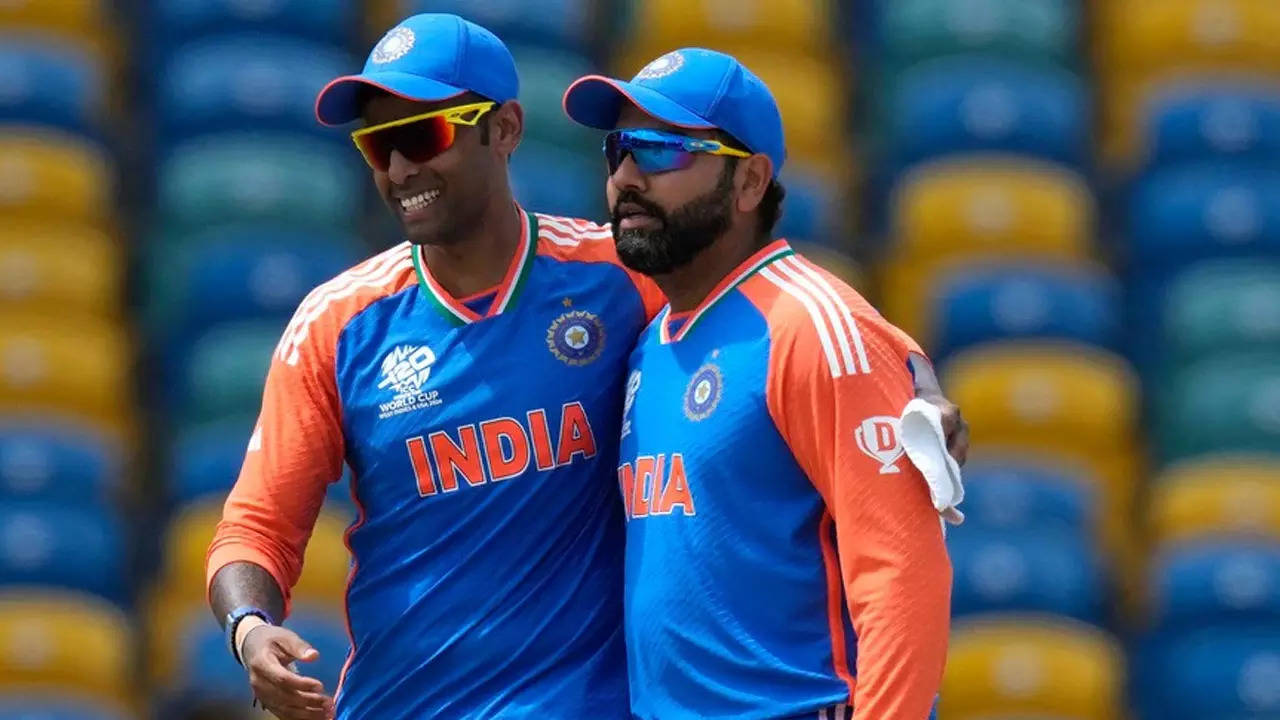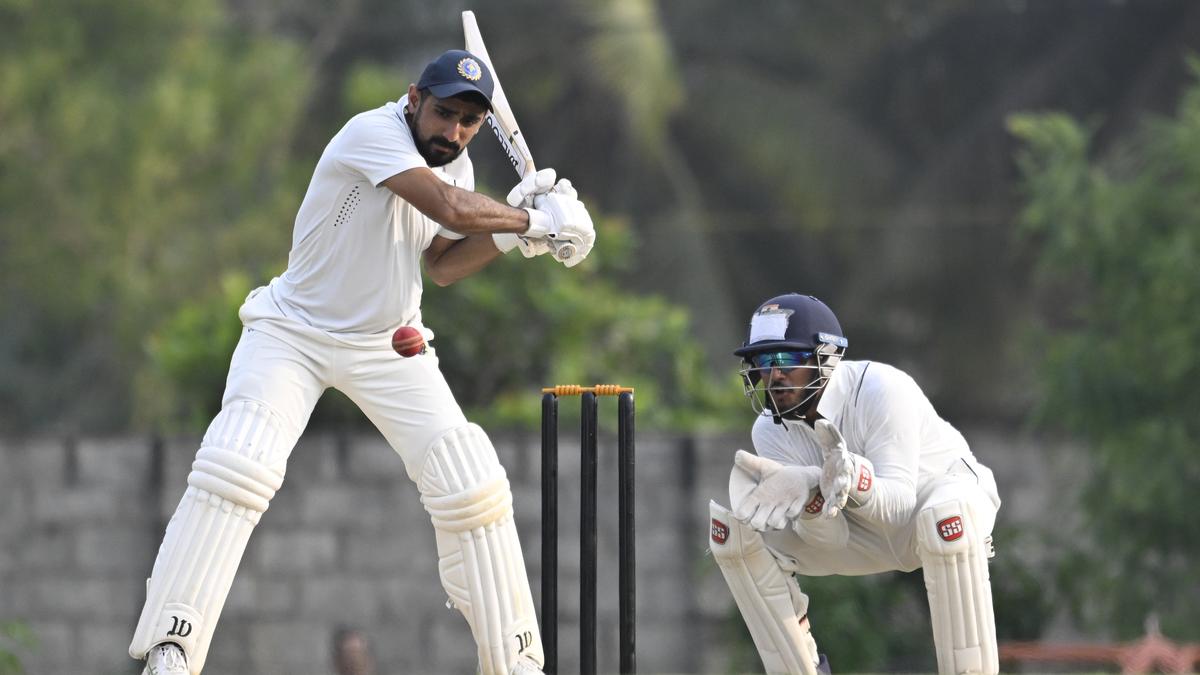DRS in Domestic Cricket: A Game-Changer for Young Batters
The introduction of the Decision Review System (DRS) in domestic cricket has sparked a significant debate, with senior spinner Ravichandran Ashwin highlighting its potential impact on the development of young batters.
Ashwin believes that DRS will force batters to refine their techniques early in their careers, as they can no longer rely on the umpire’s initial decision to save them from a leg before wicket (LBW) dismissal. He cited the example of India D batsman Ricky Bhui, who was dismissed LBW against India C left-arm spinner Manav Suthar in the Duleep Trophy.
“Ricky Bhui’s dismissal last evening against Manav Suthar is a classic case of a batter who will get away with this technique 10/10 times in FC cricket,” Ashwin wrote on his official Twitter handle. “This was not a faulty technique pre-DRS but now it is.”
In the past, batters could often escape LBW dismissals by simply planting their front foot forward and using their pad as the first line of defense. However, with DRS, bowlers can now challenge the umpire’s decision, and batters must adjust their technique accordingly.
“Now, keeping your bat behind the pad can be fatal,” Ashwin warned. “Imagine someone making the climb to international cricket without getting this experience Ricky got yesterday. He could very well take an entire Test series to understand what he needs to work on and his career could well be over.”
The DRS was first introduced in domestic cricket during the 2019-20 season, but it is yet to be fully implemented in all matches. It is currently restricted to big-ticket domestic matches such as Ranji Trophy semifinals and finals. However, the full version of the DRS is available for the ongoing Duleep Trophy matches in Bengaluru and Anantapur.
Ashwin’s observations highlight the importance of DRS in helping young batters develop the necessary technical skills to succeed at the highest level. By exposing them to the challenges of DRS early in their careers, they can make the necessary adjustments to their technique and avoid costly mistakes in the future.






